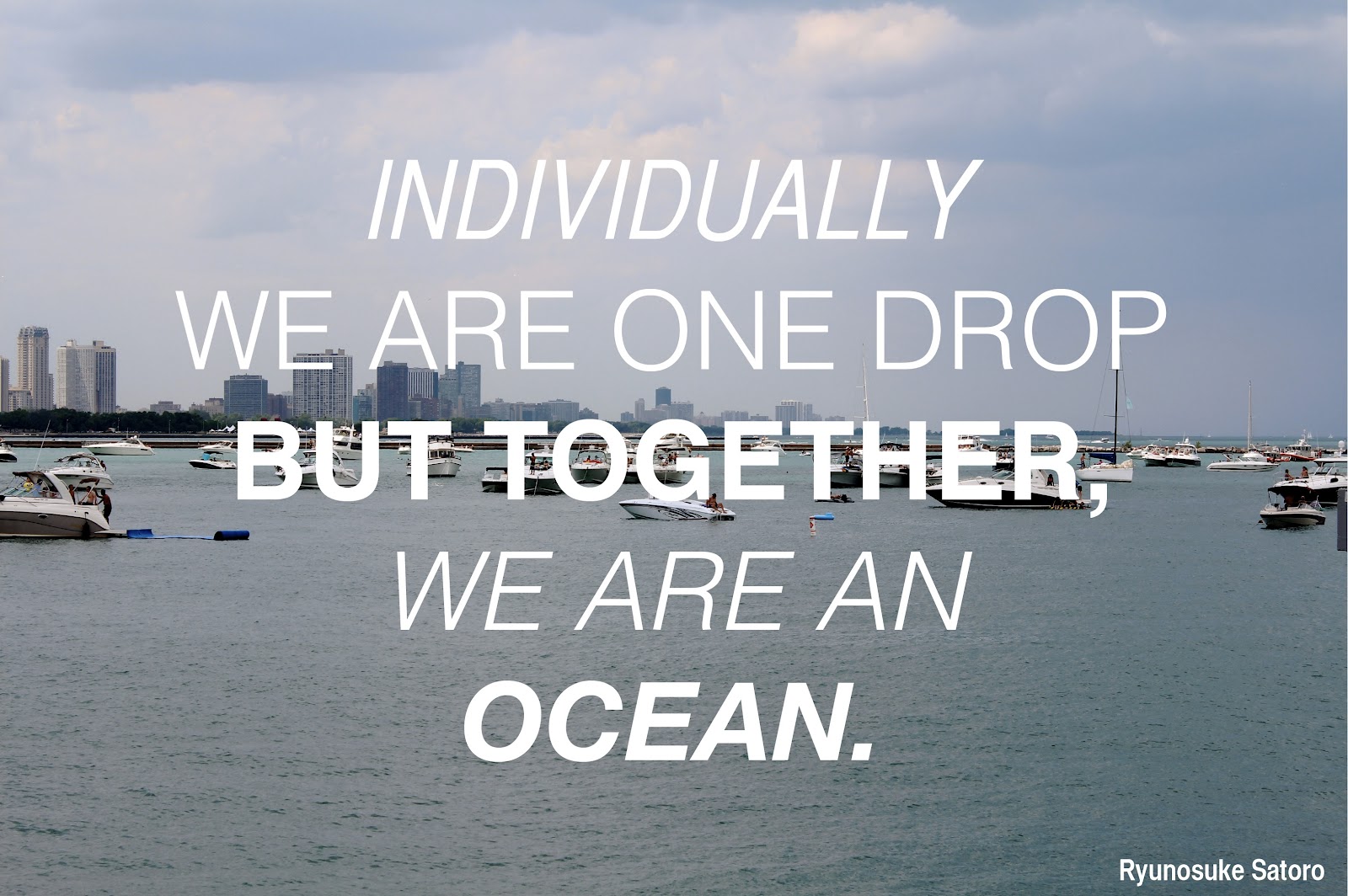Communication plays a vital role in maintaining healthy and happy relationships. It is the key that unlocks the doors to understanding, connection, and empathy. When communication is strong, relationships thrive, and happiness follows suit. In this article, we will explore the fascinating connection between communication skills and relationship happiness, delving into the various factors that contribute to effective communication and sharing useful tips for improving communication within your own relationships.
The Power of Effective Communication

Effective communication is the foundation upon which relationships are built. It allows partners to express their thoughts, feelings, and needs openly, creating space for understanding, trust, and growth. When communication is lacking or ineffective, misunderstandings arise, conflicts escalate, and relationships suffer. For a relationship to thrive, it is crucial to prioritize communication and seek ways to enhance it.
The Role of Listening in Communication

Listening is an integral part of effective communication. It involves not only hearing the words being spoken but also understanding the underlying emotions, needs, and desires. When we truly listen to our partners, we demonstrate care, respect, and empathy. Active listening involves maintaining eye contact, avoiding distractions, and providing verbal and non-verbal cues to show that we are present and engaged in the conversation.
Rather than simply waiting for our turn to speak, active listening requires us to focus on our partner’s words, validate their experiences, and respond with genuine interest. By doing so, we create a safe space for open and meaningful dialogue, which fosters a sense of connection and intimacy within the relationship.
The Impact of Non-Verbal Communication

Communication goes beyond just the words we speak. Non-verbal cues, such as body language, facial expressions, and tone of voice, also play a crucial role in conveying our messages. In fact, research suggests that up to 93% of communication is non-verbal, highlighting the importance of paying attention to these subtle cues in our interactions.
For instance, maintaining eye contact shows attentiveness and interest, while crossed arms might indicate defensiveness or discomfort. By being aware of our own non-verbal cues and observing those of our partners, we can gain deeper insights into their thoughts and feelings. This awareness allows us to respond appropriately and fosters a harmonious and understanding atmosphere within the relationship.
Tips for Improving Communication in Relationships
Now that we understand the significance of effective communication in relationships, let’s explore some practical tips for enhancing communication skills within our own partnerships:
1. Practice Active Listening
Listening is not just about hearing. Take the time to truly understand your partner’s perspective, without interrupting or forming counterarguments in your mind. Engage in active listening by summarizing their points, asking clarifying questions, and demonstrating that you value their thoughts and feelings.
2. Be Mindful of Non-Verbal Cues
Pay attention to your body language and non-verbal cues. Maintain eye contact, nod in agreement, and use open and welcoming gestures. Ensure that your tone of voice is calm and respectful, as it has a profound impact on how your message is received.
3. Express Yourself Clearly
Be honest and open about your thoughts, feelings, and needs. Clearly communicate your expectations and boundaries, while also being receptive to your partner’s perspective. Use “I” statements to express your emotions rather than placing blame or making assumptions.
4. Schedule Quality Time for Communication
Create dedicated time for meaningful conversations with your partner. This could be a weekly date night or a daily check-in session. Setting aside uninterrupted time to connect and communicate strengthens the bond between partners and allows for deeper understanding and nurturing of the relationship.
Tackling Common Communication Challenges
In the journey of improving communication within relationships, it is common to encounter certain challenges. Let’s address some frequently asked questions and provide insights to help navigate these obstacles:
Q: My partner and I often end up in heated arguments. How can we communicate better during conflicts?
A: Conflict is a natural part of any relationship. Instead of avoiding conflicts or resorting to personal attacks, focus on healthy conflict resolution. Practice active listening, validate each other’s emotions, and strive for empathy. Take breaks when needed to cool down and revisit the discussion with a calm and open mind.
Q: My partner seems disengaged during conversations. How can I encourage their active participation?
A: People may have different communication styles. Create a safe environment for open dialogue by showing genuine interest and curiosity in their perspective. Ask open-ended questions and demonstrate that their opinions and ideas are valued. Avoid interrupting or monopolizing the conversation, allowing space for their active participation.
Q: How can I communicate my needs without feeling guilty or selfish?
A: It is important to recognize that expressing your needs is a healthy part of any relationship. Start by understanding your own emotions and needs, then communicate them assertively using “I” statements. Remember, prioritizing your own well-being allows you to show up more fully in the relationship.
Q: How can we ensure effective communication in a long-distance relationship?
A: Long-distance relationships require additional effort in maintaining effective communication. Schedule regular video calls or voice chats to bridge the physical distance. Create shared experiences even when apart, such as watching a movie simultaneously or reading the same book, to have meaningful discussions and maintain a strong emotional connection.
Conclusion
Effective communication is the cornerstone of happy and fulfilling relationships. By practicing active listening, being mindful of non-verbal cues, and expressing ourselves clearly, we can foster understanding, trust, and intimacy within our partnerships. Remember, improving communication skills is an ongoing process that requires patience and effort from both partners. With these tools and insights in hand, you can embark on a journey towards deeper connection and lasting relationship happiness.
Tips for Effective Communication:
- Practice active listening
- Be mindful of non-verbal cues
- Express yourself clearly
- Schedule quality time for communication
Frequently Asked Questions
Q: What is the importance of effective communication in relationships?
Effective communication is essential in relationships as it allows partners to understand each other better, build trust, and foster intimacy. It helps in resolving conflicts, expressing needs and emotions, and creating a supportive and harmonious environment.
Q: How can active listening improve communication in relationships?
Active listening involves giving your full attention to your partner, understanding their perspective, and responding with empathy and interest. It creates a safe space for open and meaningful dialogue, deepens understanding, and strengthens the bond between partners.
Q: What are some common barriers to effective communication in relationships?
Some common barriers to effective communication in relationships include lack of active listening, misunderstandings, defensiveness, and using negative or blaming language. Emotional baggage, past traumas, and differing communication styles can also hinder effective communication.
Q: How can couples improve communication during conflicts?
During conflicts, it is important to focus on healthy conflict resolution. This involves active listening, understanding each other’s perspectives, and striving for empathy. Taking breaks when needed, using “I” statements, and avoiding personal attacks can help create a more constructive and conducive communication environment.
Q: Can long-distance relationships have effective communication?
While long-distance relationships may present challenges, effective communication is still possible. Regular video calls or voice chats, creating shared experiences, and maintaining open and honest communication can help bridge the physical distance and nurture a strong emotional connection.
By prioritizing effective communication and implementing these tips and strategies, you can enhance the happiness and overall satisfaction within your relationships. Remember, communication is a continual process that requires effort and commitment, but the rewards in the form of strengthened connections and increased happiness are immeasurable.

I enjoy reading, writing, traveling, and learning new languages. I am also interested in learning about different cultures.